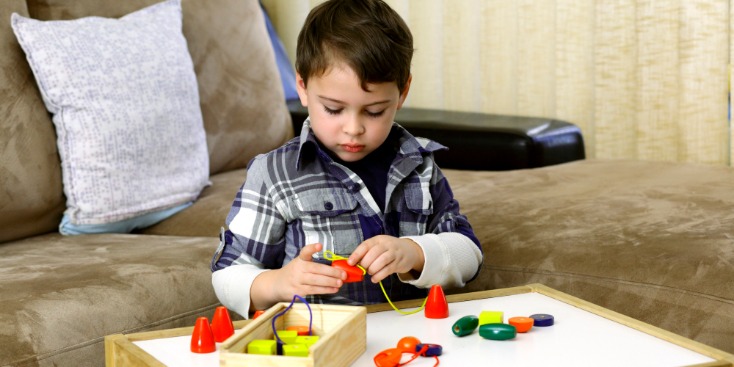Unlocking Potential through Music: Piano Lessons for Autism

For many individuals with Autism Spectrum Disorder (ASD), traditional learning techniques may not always be effective. Introducing music, specifically piano lessons, can present numerous benefits in their developmental journey. This article explores how piano lessons for autism offer an engaging, therapeutic, and educational experience.
Read more about Piano lessons for Autism here.
The Benefits of Piano Lessons for Individuals with Autism
Piano lessons are not just about learning an instrument. They aid in the development of various skills for individuals on the autism spectrum:
- Motor Skills: Coordinating both hands to play can enhance fine motor skills.
- Focus and Concentration: Learning music requires sustained attention.
- Emotional Expression: Music offers a non-verbal way to express emotions.
- Social Interaction: Lessons often involve interaction with teachers or peers, improving social skills.
Customized Approach for Teaching Piano to Autistic Students
Understanding Individual Needs
Every individual with autism is unique. Hence, a customized approach is crucial when it comes to piano lessons.
- Assess the student’s sensory preferences and challenges.
- Adapt the teaching style to match the student’s learning pace.
- Incorporate visual aids and simple instructions.
Creating a Positive Environment
Setting up the right environment can make a significant difference:
- Minimize distractions to help the student focus.
- Ensure the piano and seating are comfortable.
- Build a routine to provide structure and predictability.
FAQs on Piano Lessons for Autism
What Age Should a Child with Autism Start Piano Lessons?
There is no specific age. It’s best to start when the child shows interest in music or is capable of following basic instructions.
How Do Piano Lessons Help with Sensory Issues?
The tactile experience of playing the piano can offer sensory feedback while the auditory experience can help in auditory processing and tolerance.
Can Piano Lessons Reduce Anxiety in Autistic Individuals?
Yes, the structured and rhythmic nature of piano music can have a calming effect, thus reducing anxiety and promoting emotional well-being.
Choosing the Right Piano Instructor
When selecting a piano instructor for an individual with autism, consider the following:
- Experience: Look for instructors with experience in teaching students with special needs.
- Patience: Ensure the instructor is patient and understands autism spectrum disorder.
- Communication Skills: Clear, simple, and effective communication is crucial.
Piano lessons offer a unique and enriching way to enhance the lives of those with autism. With the right approach and environment, these lessons can unlock untapped potential and bring joy through the universal language of music.





Leave a Reply